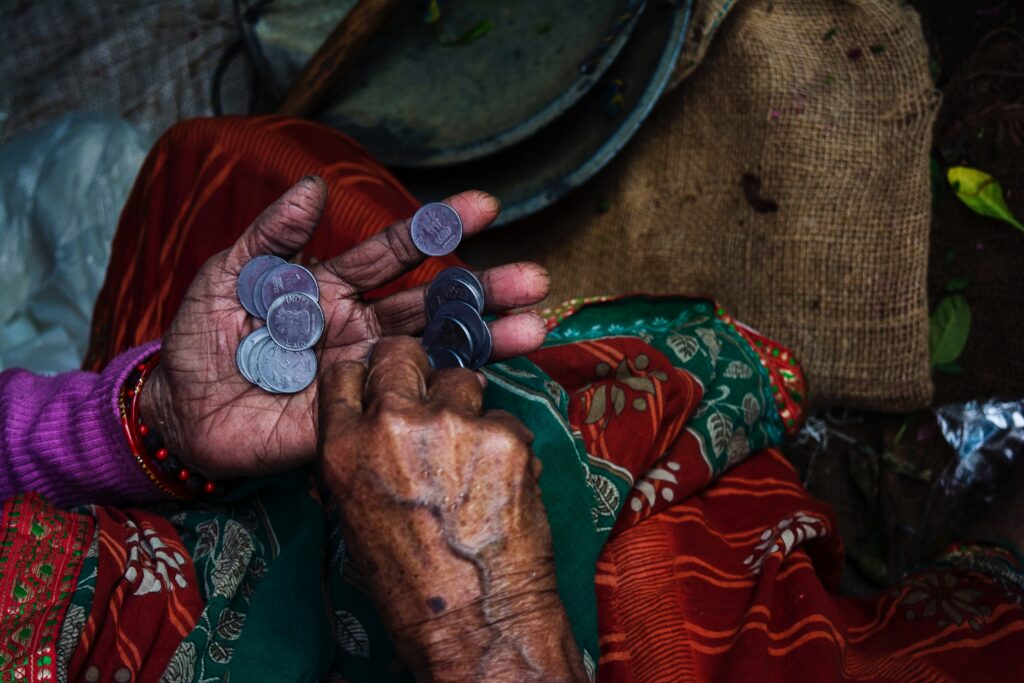Waqf-share scheme is one of the Islamic social finance tools which emerged in the 21st century and which has been practiced successfully in Muslim and Muslim minority countries It is a fundraising scheme which is created by a charitable institution that issues the waqf-shares and sell it to contributors for a specified project. Since this waqf-share is a movable waqf it has to follow the strict conditions of waqf in terms of its irrevocability, inalienability and its perpetuity. This means that contributors cannot sell or transfer these waqf shares but they can only receive Waqf-Share Certificate as an evidence for their contributions to such project, besides receiving the continuous rewards until the Day of Judgment as mentioned in the following Hadith; When a man dies his acts come to an end, except three things, recurring charity, knowledge (by which people benefit), and pious offspring, who pray for him. (Sahih Muslim).
Current practice of waqf-shares
Recently many Muslim majority and minority countries created waqf-shares to fulfil current and crucial needs arising either from economic instability, natural disasters or even from fleeing from their countries due to the current war in different Muslim countries.
For example, in Malaysia the creation of waqf-shares started also in 1990s with the support of almost all Islamic Religious Councils in the different states in order for Muslims to contribute through movable waqf i.e. cash waqf for the betterment of their society. The main objectives of this scheme are; to inculcate the culture of creating waqf, to provide an alternative platform for the creation of waqf through cash waqf, besides creating awareness to people to recognize waqf as a viable tool to enhance their societies. Since its implementation in the early 1990s, the waqf shares scheme has been able to play its role in gathering the needed funds to engage in projects that benefit the Malaysian societies such as; development of existing waqf land, renovating mosques and religious schools, providing physical amenities for the Muslim community, maintaining the religious infrastructure and financing medical facilities;
Similarly, in Sudan the practice of creating waqf-share started since the 1990s with the intention to involve all citizens in economic development through creating cash waqf with the least amount of money they can afford to give based on the hadith of the Prophet (pbuh); “Protect yourself from Hell-fire even with half a date” (Sahih al-Bukhari). Since that time the creation of waqf-shares was realized specially among Sudanese women who converted most of their jewellery into saham–waqf to support, not only the poor and needy but to provide education and shelter for the orphans.
In the same line, the creation of waqf share started in Indonesia in 1993 whereby the Indonesia Waqf Board issued waqf-share for supporting community development programs such as; poverty alleviation, provision of education and free medical services besides, financing entrepreneur development programs.
In Saudi Arabia and the United Arab Emirates (UAE) the creation of waqf-shares was meant to provide shelter for the mass through converting some of the old waqf properties into residential towers.
In Kuwait and the United Kingdom, the creation of waqf-shares took global aspect through creating different waqf-share schemes that provide humanitarian aid to the most populated and affected countries.
Recently in Turkey the Syrian Scholars Association created waqf-share scheme which was meant to shelter the Syrian refugees and to educate their children.
From the above, it is realized that waqf-share scheme is one of the most significant innovation fundraising scheme that succeeded not only in meeting community development needs but humanitarian supports at a global level.
By Assoc. Prof. Dr. Magda Ismail Abdel Mohsin
*This article first appeared in Part 4 on the Islamic Commercial Law Report 2018.
**Available on INCEIF Knowledge Repository (IKR): https://ikr.inceif.org/handle/INCEIF/2812


